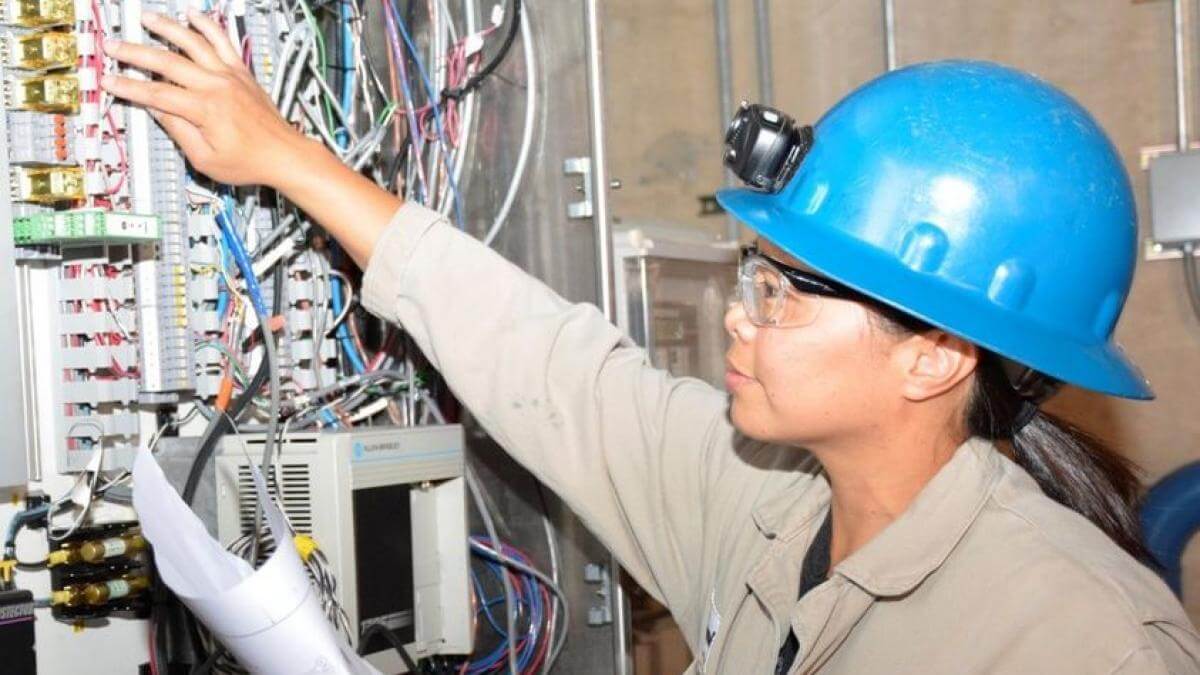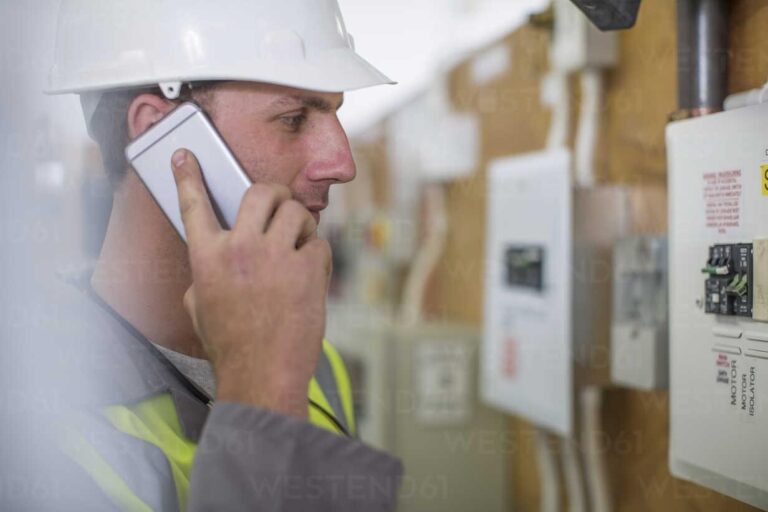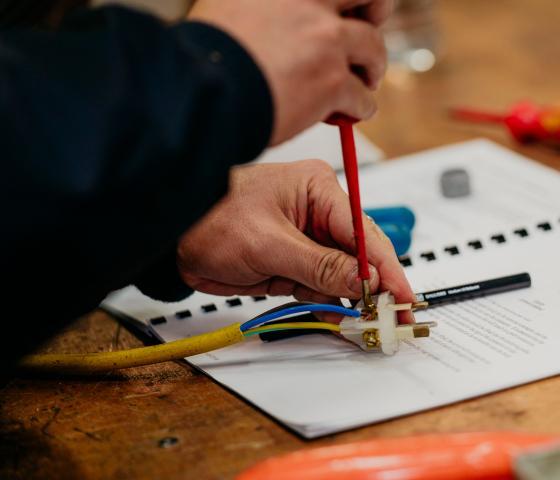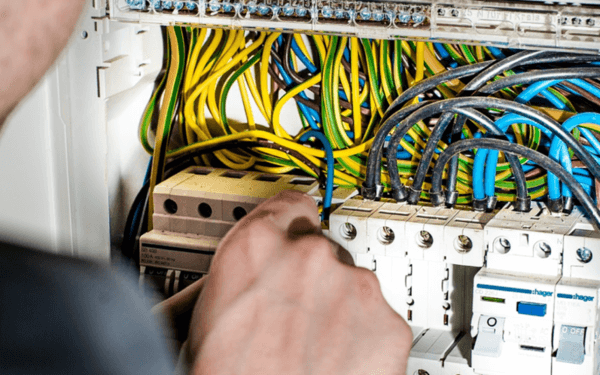When it comes to electrical installations, a clear understanding of the process ensures that the job is completed efficiently, safely, and in compliance with all relevant regulations. In this blog, we’ll discuss the key stages involved, from initial consultation to final inspection, including the timeframe, quotation details, inspections, and the importance of professional involvement throughout the project.
Timeframe for Electrical Installations
The timeframe for an electrical installation can vary depending on the scope of the project. For smaller jobs, such as installing a few new power points or lighting fixtures, the work may be completed in just a few hours. Larger installations, such as rewiring a house or installing electrical systems in a new build, may take several days or even weeks.
Before any work begins, an electrician will conduct an assessment to determine how long the project will take. Factors that affect the timeframe include the size of the property, the complexity of the electrical work, and whether any unforeseen issues arise during the installation. Weather conditions and access to the property can also influence the duration of the project. An experienced electrician will provide you with a realistic timeframe, ensuring that the work is completed without unnecessary delays while adhering to safety and regulatory standards.
Quotation and Cost Estimates
An accurate quotation is essential for budgeting and planning your electrical installation project. Before providing a quotation, an electrician will assess your requirements, visit the site, and discuss any specific needs you may have. This initial consultation is crucial for identifying the scope of the project, such as the number of outlets needed, the type of electrical appliances or systems to be installed, and any potential challenges that might arise.
The quotation will generally include the cost of materials, labour, and any additional fees such as permits or specialised equipment hire. Be sure to ask for a detailed breakdown so that you have a clear understanding of what each component of the installation will cost. It’s also a good idea to discuss any warranties or guarantees on both the materials and the workmanship to ensure peace of mind long after the installation is complete.
Inspections and Compliance
Electrical installations in Australia are subject to strict safety standards and regulations. To ensure compliance, most electrical work must be inspected and certified upon completion. Your electrician will be well-versed in the necessary inspections required for your particular installation.
Typically, after the installation is complete, a licensed inspector will review the work to ensure it meets the Australian standards. This inspection guarantees that all wiring, circuits, and electrical components are installed correctly and safely. Once approved, you’ll receive a certificate of compliance, confirming that the installation has passed inspection and adheres to all legal requirements.
In addition, certain types of electrical work may require ongoing inspections during the installation process, particularly for larger projects. This ensures that each stage of the installation is completed to code and that any potential issues are addressed before they become significant problems.
Importance of Professional Involvement
It is essential to have a licensed electrician involved in every step of the installation process. DIY electrical work is not only illegal in many cases in Australia, but it also poses significant safety risks. Professionals have the training, experience, and certification necessary to complete installations safely and in compliance with the relevant laws.
A professional electrician will also be familiar with the latest technologies and techniques, ensuring that your installation is modern, efficient, and future-proof. Whether you’re installing a new system or upgrading an existing one, their expertise guarantees that the work will be carried out with precision and care.

















